A storm is brewing across Kenya’s education landscape following the government’s controversial decision to scrap the national examination fee waiver. What seemed like just another budget cut could have devastating consequences — threatening the future of thousands of students from low-income families.
A Barrier to Education
For years, the exam fee waiver served as a lifeline, especially for parents in struggling communities. It allowed students in public schools to sit for their crucial KCPE and KCSE exams without the financial burden that had previously locked many out. Now, with this safety net removed, the cost of exams — ranging between KSh 800 to KSh 6,000 — is simply too much for many families already fighting to survive.
Education experts warn that the financial pressure could force countless children to drop out, not due to lack of ability, but simply because their parents can’t pay.
Budget Cuts, Bigger Problems
The decision comes in the midst of a KSh 91.8 billion budget deficit in the education sector for the 2024/25 fiscal year. While the government cites economic constraints, critics argue that cutting exam fee support is a short-sighted move with long-term consequences.
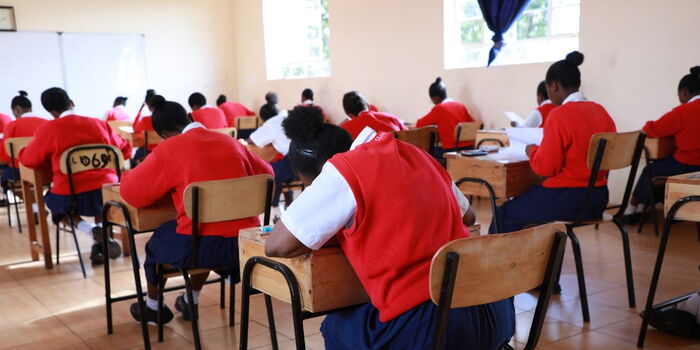
Stakeholders also point out that other essential areas like school infrastructure, learning materials, and capitation grants are facing cuts — all while parents are being asked to shoulder more.
Outrage from Parents and Education Leaders
The backlash has been swift. Education leaders, parents’ associations, and unions have condemned the move as regressive. Julius Melly, Chairman of the National Assembly Education Committee, labeled the move “a betrayal to the children of this country.” KUPPET and the National Parents Association have warned that unless the policy is reversed, dropout rates will rise dramatically — especially in rural and marginalized regions.
Who Pays the Price?
It’s not just about missed exams — it’s about shattered dreams. For many students, national exams are the gateway to scholarships, secondary education, and eventually, a better life. Without them, thousands will be stuck in a cycle of poverty, unable to pursue higher education or formal employment.
A Call for Urgent Action
With public pressure mounting, education advocates are calling on the government to reverse the decision or introduce alternative funding mechanisms. Suggestions include targeted subsidies for needy students, donor partnerships, or even school-based bursary programs to ensure no child is left behind.
The cost of exams should not be the reason a child’s education comes to an end. The nation watches as families struggle — and hopes the powers that be will choose inclusion over exclusion.






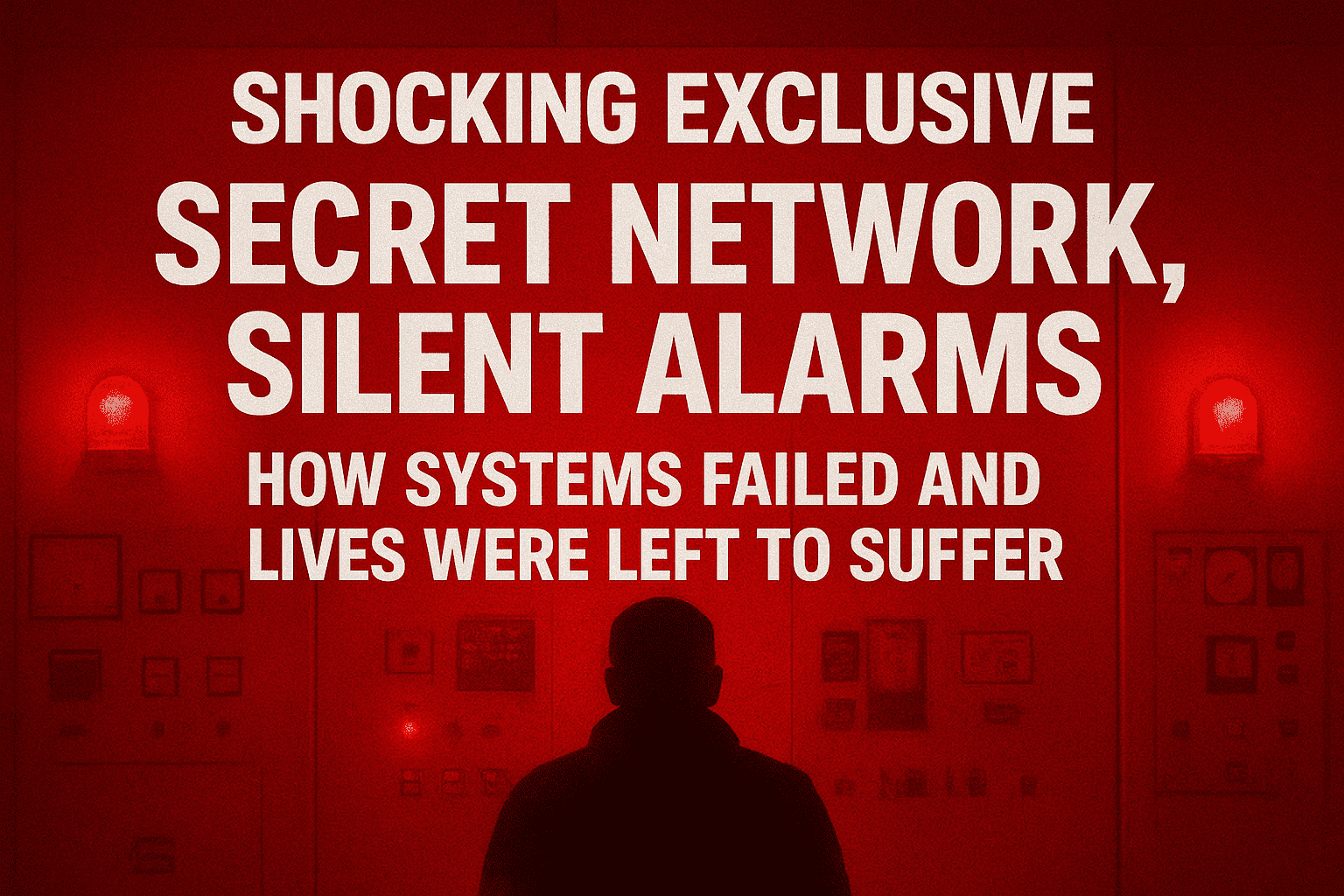
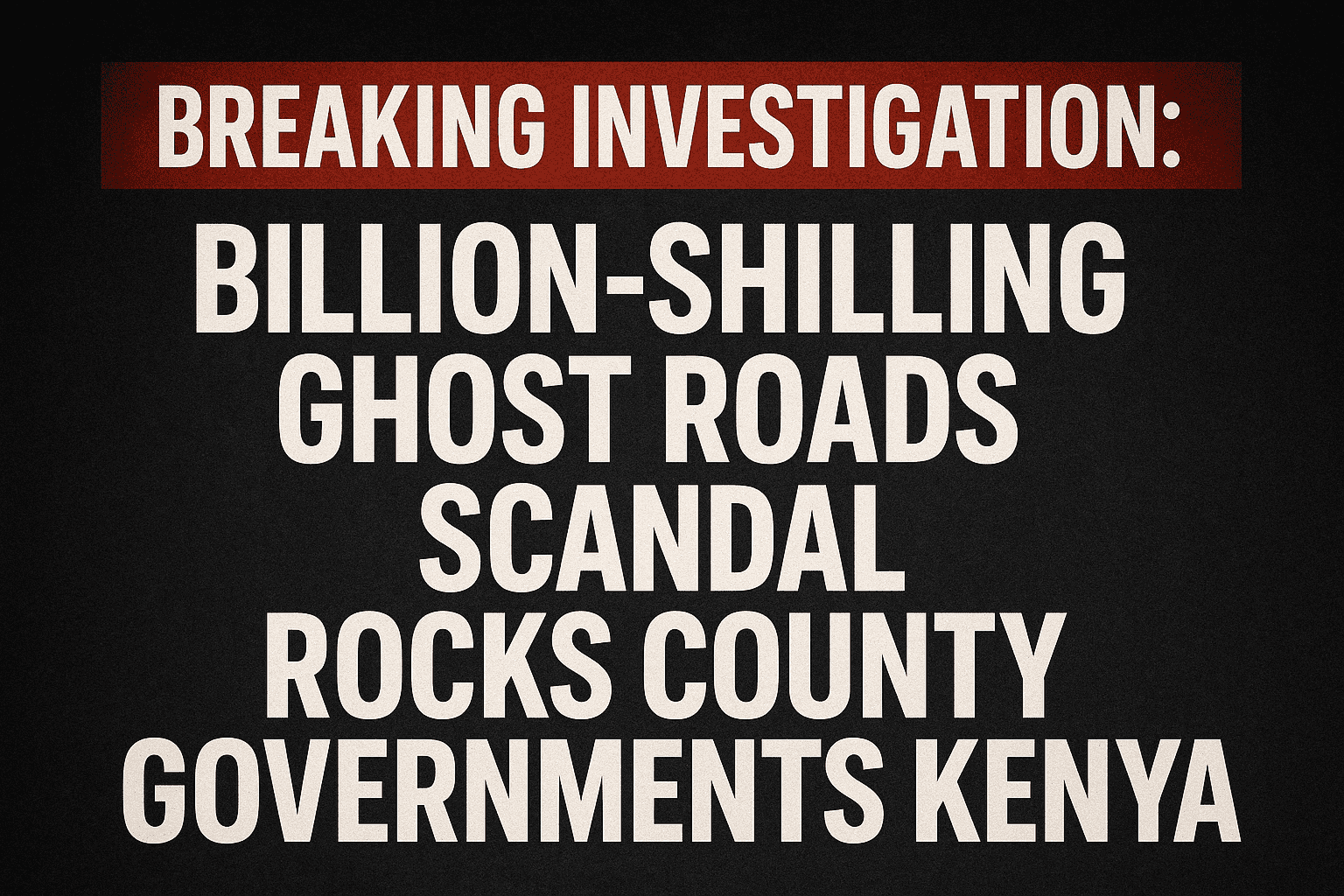


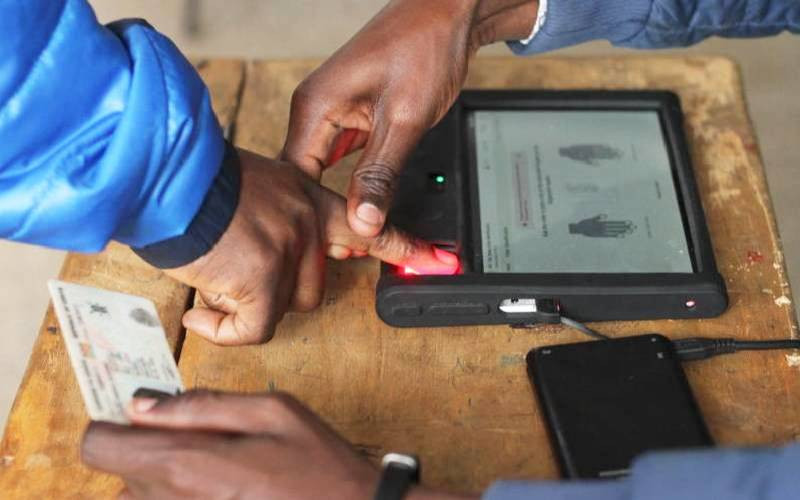

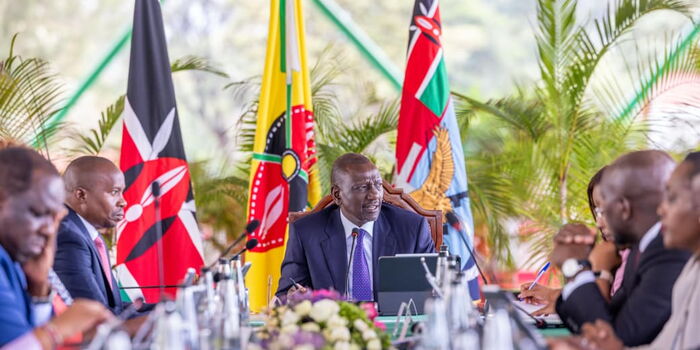

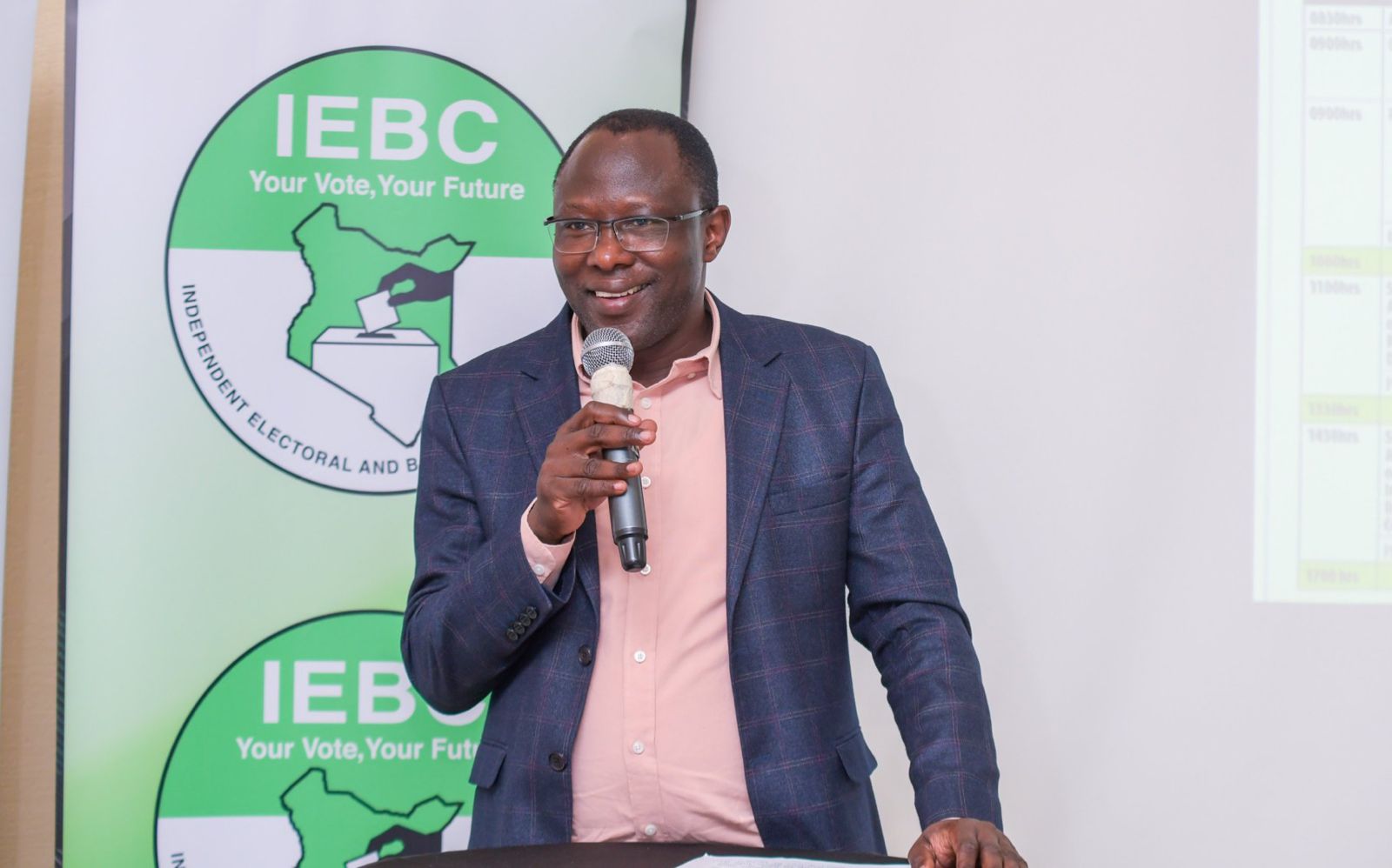
Leave a Reply